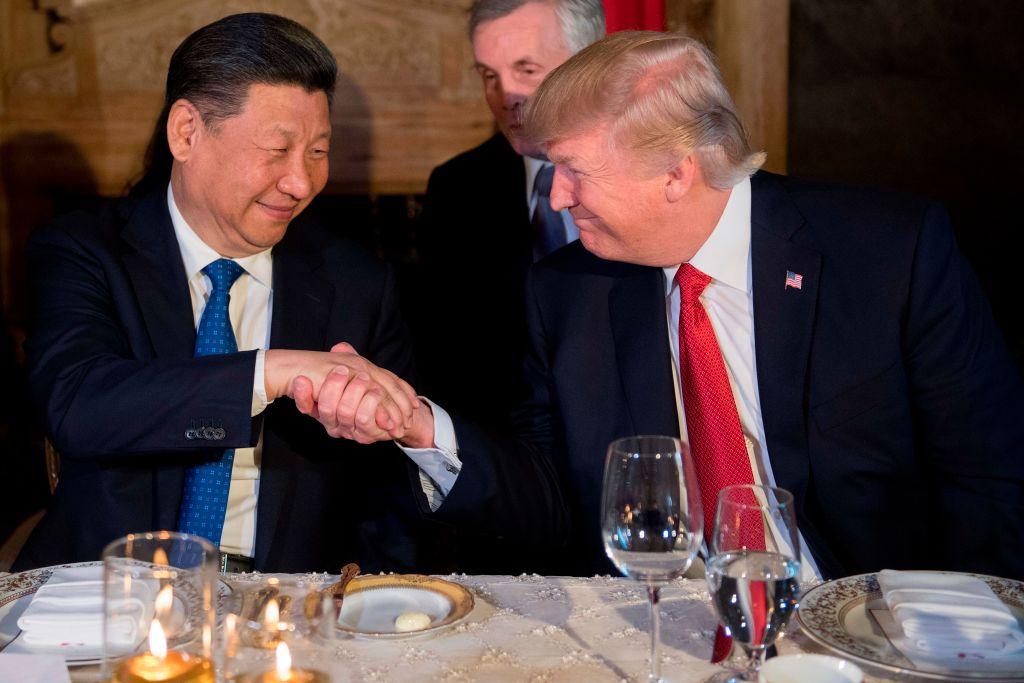On Nov. 9, President Donald Trump and Chinese leader Xi Jinping said they would cooperate on counter-narcotics operations, with a special focus on the powerful synthetic opioid fentanyl.
Synthetic opioids that can be ordered online often originate in China and have become the most deadly drug group in the United States, leading to some 20,000 overdose deaths last year. Among the most serious is fentanyl, an opioid 50 times stronger than heroin that is often mixed with other drugs without the user’s knowledge.





